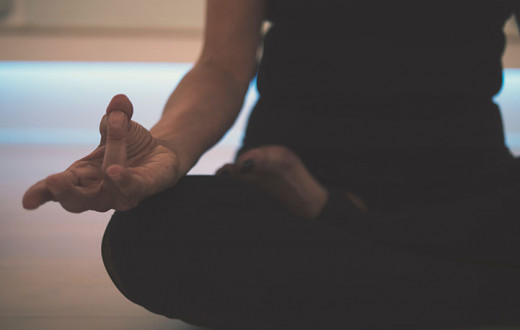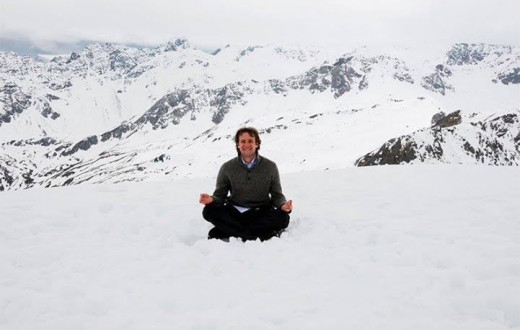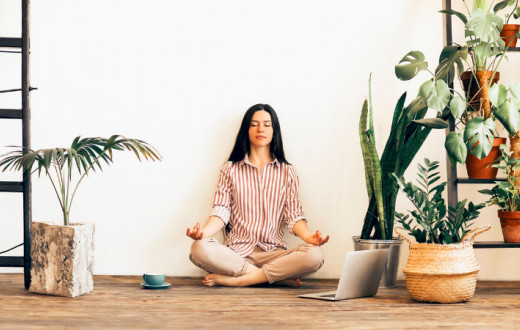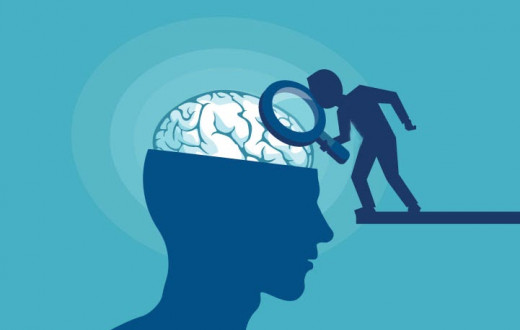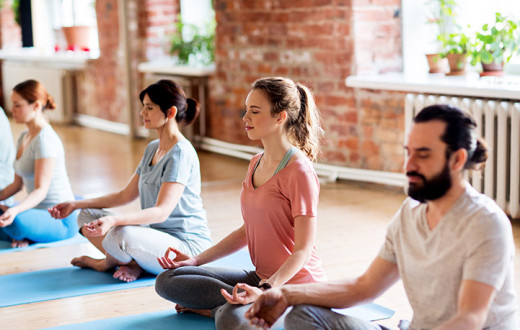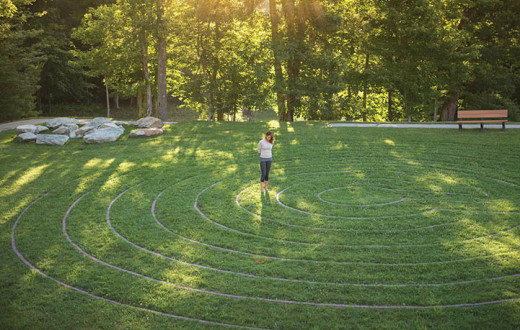
We all know how vital a good night’s sleep is, especially when we have tossed and turned all night long. When you don’t have enough good quality sleep, you can have a whole host of problems affecting your day. There’s a higher chance of mistakes and injuries. Personal relationships can also suffer. And over time, real health impacts from sleep problems can happen. Sleep deficiencies are linked to heart disease, high blood pressure, diabetes, stroke, obesity, and depression. Unfortunately, sleep issues are all too common.
According to SleepFoundation.org
- 50 to 70 million people in the US have ongoing sleep disorders
- 83% of adults with depression may have at least one symptom of insomnia
- 91% of US adults with PTSD have symptoms of insomnia
Let’s look at melatonin supplementation and alternatives to melatonin supplements for better sleep and get these statistics under control!
Topics covered:
- What is Melatonin?
- Benefits of Melatonin
- Dosing, Interactions, Side Effects, and Precautions– Oh my!
- Alternatives to melatonin supplements
- Related articles
What is Melatonin?

Melatonin is a hormone that is produced by the pineal gland in the brain and regulates your sleeping and waking cycles. These sleeping and waking cycles are also known as your circadian rhythms. Many things affect circadian rhythms and your ability to naturally produce melatonin. If you're having trouble falling and staying asleep often, you might not have enough of this sleep hormone.
Benefits of Melatonin Supplements
Aside from helping you fall asleep, melatonin supplements are sometimes used for jet lag symptoms, depression, anxiety, and chronic pain. Melatonin may also support eye health and reduce acid reflux. But the truth of the matter is that there hasn’t been enough research on any of these possible benefits because melatonin supplements have only been around since the mid-1990s. It is only because so many people have tried various supplements containing melatonin that researchers are playing catch up to figure out how much is safe to consume and what the actual benefits are.
Dosing, Interactions, Side Effects, and Precautions– Oh my!

Dosing
Melatonin supplements vary significantly in strength. Though most healthcare providers suggest using only 1 to 5 mg, you can find strengths as high as 10 mg. It is also worth noting that melatonin supplements are supposed to be for occasional use, especially since long-term use hasn’t been sufficiently studied.
While taking a low dose is considered safe, it is important to note that an analysis of US melatonin supplements found that they may include 347% more melatonin than what is on the label. That’s a little scary, isn’t it?
Interactions
Some of the drugs that may interact with melatonin supplements are:
- Antidepressant medications
- Antipsychotic medications
- Birth control pills
- Blood pressure medications
- Beta-blockers
- Blood thinning medications
Side Effects

Possible side effects of melatonin supplements include:
- Daytime sleepiness and reduced alertness
- Headaches
- Stomach aches or nausea
- Diarrhea or constipation
- Urinary incontinence at night
- Dizziness and increased risks of falls
- Irritability and mood swings
- Dry mouth
- Itchy skin
- Pains in arms or legs
- Increased risk of seizures
- Strange dreams
- Heart palpitations
Precautions
- Don’t drive or operate machinery within five hours of taking melatonin supplements
- Do not take melatonin if you are
- Pregnant or nursing
- Have an autoimmune disorder or seizure disorder
- Suffer from depression
Consult with your healthcare provider if you have high blood pressure or diabetes.
Alternatives to melatonin supplements

It’s easy to see why so many people are looking for ways to either boost melatonin production naturally or use melatonin alternatives. Complementary and integrative health approaches are the key to increasing your melatonin secretion levels.
Natural melatonin production typically starts soon after the sun goes down, and peaks in the middle of the night, between 2 and 4 a.m. Some health conditions, lifestyle choices and just getting older can reduce your ability to create enough melatonin for a good night’s sleep. Thankfully you don’t have to rely solely on your body creating enough melatonin, nor do you have to take synthetic melatonin. Try these alternatives for better sleep quality without taking melatonin supplements.
Tart cherry juice
If you haven’t heard about tart cherry juice and better sleep, you could be missing out on an easy natural sleep aid. Montmorency Cherries, also known as sour cherries, have small amounts of melatonin and tryptophan. But tart cherry juice also stimulates your body to create its own melatonin. Tart cherry juice is available as juice, powder in capsules, and in concentrated form. Though considered a very safe supplement, it has high amounts of sorbitol giving some people intestinal issues. Tart cherries can also interact with blood thinners.
Light exposure
Sleep issues can result from not getting enough sunshine as well as too much exposure to blue light from computer and phone screens. Having the right balance and type of light exposure can make a big difference in your body’s circadian rhythm. For those who work a night shift, balancing your light exposure and sleep cycles can be an even bigger challenge. This is known as shift work sleep disorder.
If you work in a low-light environment or experience long winters without much sun, you may want to use full-spectrum light bulbs during the day. Also, avoiding using your cell phone at least 2 hours before bedtime is helpful.
Magnesium
Magnesium works by calming the central nervous system and relaxing muscles, promoting relaxation conducive to sleep. Magnesium is especially helpful for older adults, and people who suffer from anxiety and depression. The most common side effect of taking too much magnesium in a supplement is diarrhea.
Before adding a magnesium supplement, add these magnesium-rich foods to your diet:
- Dark leafy greens
- Nuts and seeds
- Whole grains
- Legumes
- Avocados and bananas
Tryptophan-rich foods

Tryptophan in foods is another easy way to aid sleep. Experiment a little with some of these foods, eaten for dinner, dessert, or snack, at least a few hours before bedtime.
- Dark Chocolate
- Oats
- Dates
- Milk
- Yogurt
- Cottage cheese
- Sesame seeds
- Chickpeas
- Almonds
- Sunflower seeds
- Pumpkin seeds
- Hemp seeds
- Buckwheat
- Spirulina
- Peanuts
Homeopathy
Simply put, homeopathy is diluting a substance many times over until very little of the original substance remains. It is the energetic imprint that signals the body to do something. These remedies can be used for nearly any ailment, including chronic insomnia. Because of how diluted these remedies are, they are very safe to use. Most health food stores carry homeopathic remedies.
Flower remedies
Like homeopathic remedies, the energetic imprint of various flowers can have a healing effect on the mind and body. You can also find these remedies in most health food stores. Note that these typically contain brandy as a preservative, but only a few drops are consumed at a time.
Warm golden milk
Drinking warm milk before bed might be something your grandmother did, but you might want to try it for yourself! Golden milk is an Ayurvedic take on this traditional bedtime beverage, using turmeric, ginger, cinnamon, and cardamom. Try our recipes here.
Ayurvedic lifestyle
This ancient science from India focuses on balancing and optimizing your life. Dinacharya is an Ayurvedic daily routine that is designed to maintain and connect us to our own circadian rhythm or internal body clock. The concept behind Dinacharya is doing the right activity at specific times and includes hygiene, exercise, meditation, meal times, and a consistent sleep schedule.
Healthy sleep habits
One reason you may be struggling with sleep is your bedtime routine isn’t exactly routine or healthy. Going to bed at different times, falling asleep on the couch watching TV, and losing yourself scrolling on your phone right before bed– are all unhealthy sleep habits. Make a plan to avoid these pitfalls and you might find yourself sleeping like a baby!
Breathing exercises
One of the very best breathing exercises for better sleep is bee breath, also known as Bhramari in India. This easy practice is highly effective in quieting your thoughts so you can drift off to sleep more easily. Watch this video to learn how to practice bee breath.
Meditation
How does meditation help you have better sleep? One of the main causes of sleeplessness is stress. Manage your stress and you will find that not only your sleep improves, but many other areas of your life will also improve.
What kinds of meditation can help you sleep better? Here are a few techniques worth trying.
Guided Meditation
Here’s an excellent guided sleep meditation led by master of meditation, Gurudev Sri Sri Ravi Shankar.
Body Scan
This is a type of guided meditation that is also called yogic sleep. Use it during the day when you are sleep deprived or while lying down in bed at night. This guided meditation is also called Yoga Nidra and often follows a yoga practice.
You might also want to read Yoga Nidra for Sleep: How to Sleep Better Tonight
SKY Breath Meditation
This meditation technique uses breathwork for deep meditation and the results are impressive.
- Up to 78% reduction in serum cortisol (stress hormone) levels
- Significant decrease in clinical/non-clinical anxiety
- Significant decrease in clinical/non-clinical depression
- Reduced PTSD symptoms
- Enhanced deep sleep
- Healthier blood pressure
- Reduced addictive behaviors
Instead of supplementing your melatonin levels with risky side effects, meditate and enjoy only positive side effects like joy and optimism, and sleep like a baby!
A natural alternative for deeper, calmer sleep
If you're exploring melatonin alternatives, the Sleep and Anxiety Protocol offers a natural, sustainable way to improve sleep quality without supplements. By calming your nervous system and reducing anxiety, this guided program helps your body transition into rest on its own.
Experience deeper, more consistent sleep using techniques rooted in breathwork and relaxation—not chemicals.
Related articles:
How the Right Sleeping Direction Can Give You a Better Night’s Rest
Can’t Sleep? Meditation and Ujjayi Breathing Can Help You
Sleep Music to Help You Fall Asleep Like a Baby! Try Tonight




